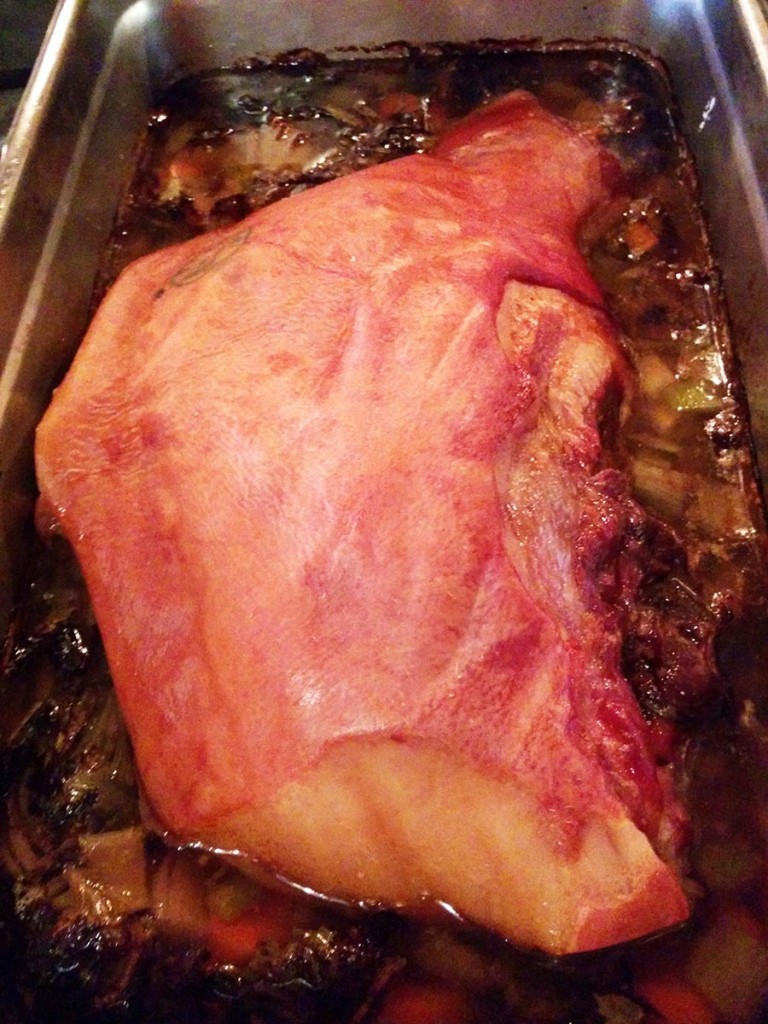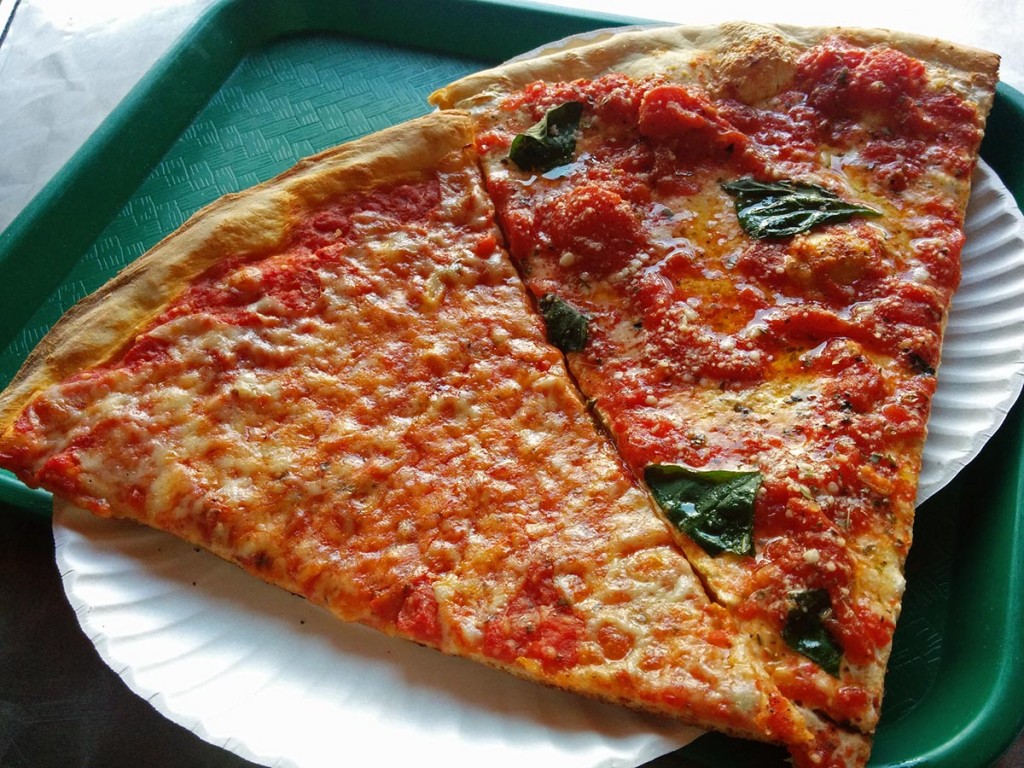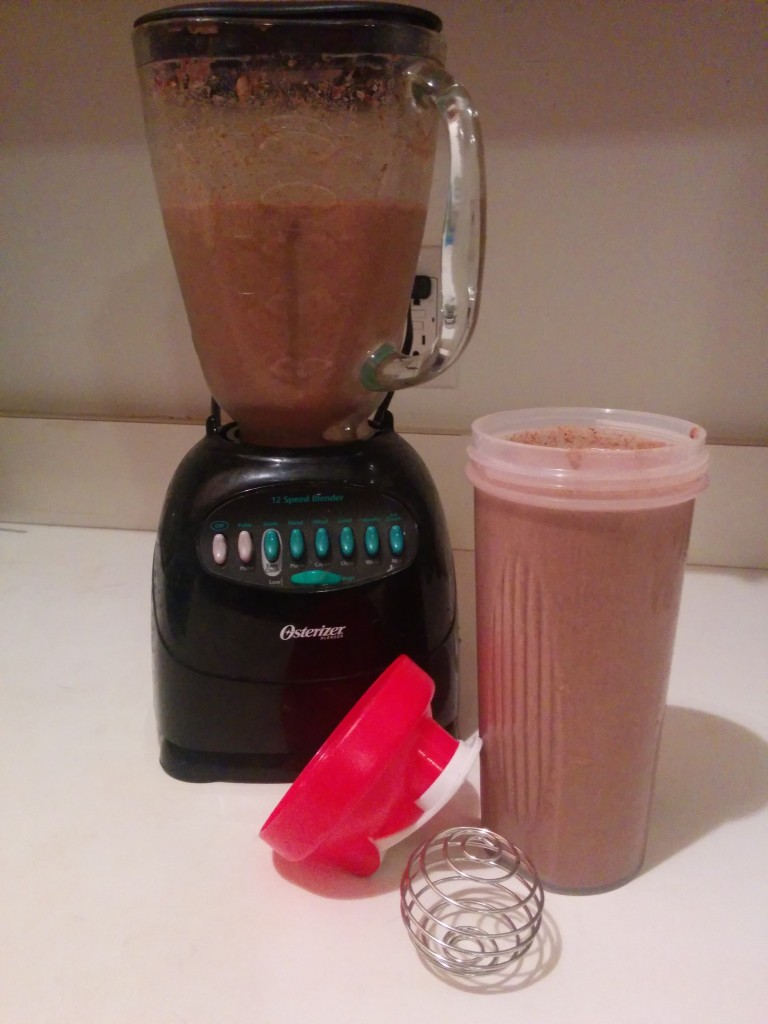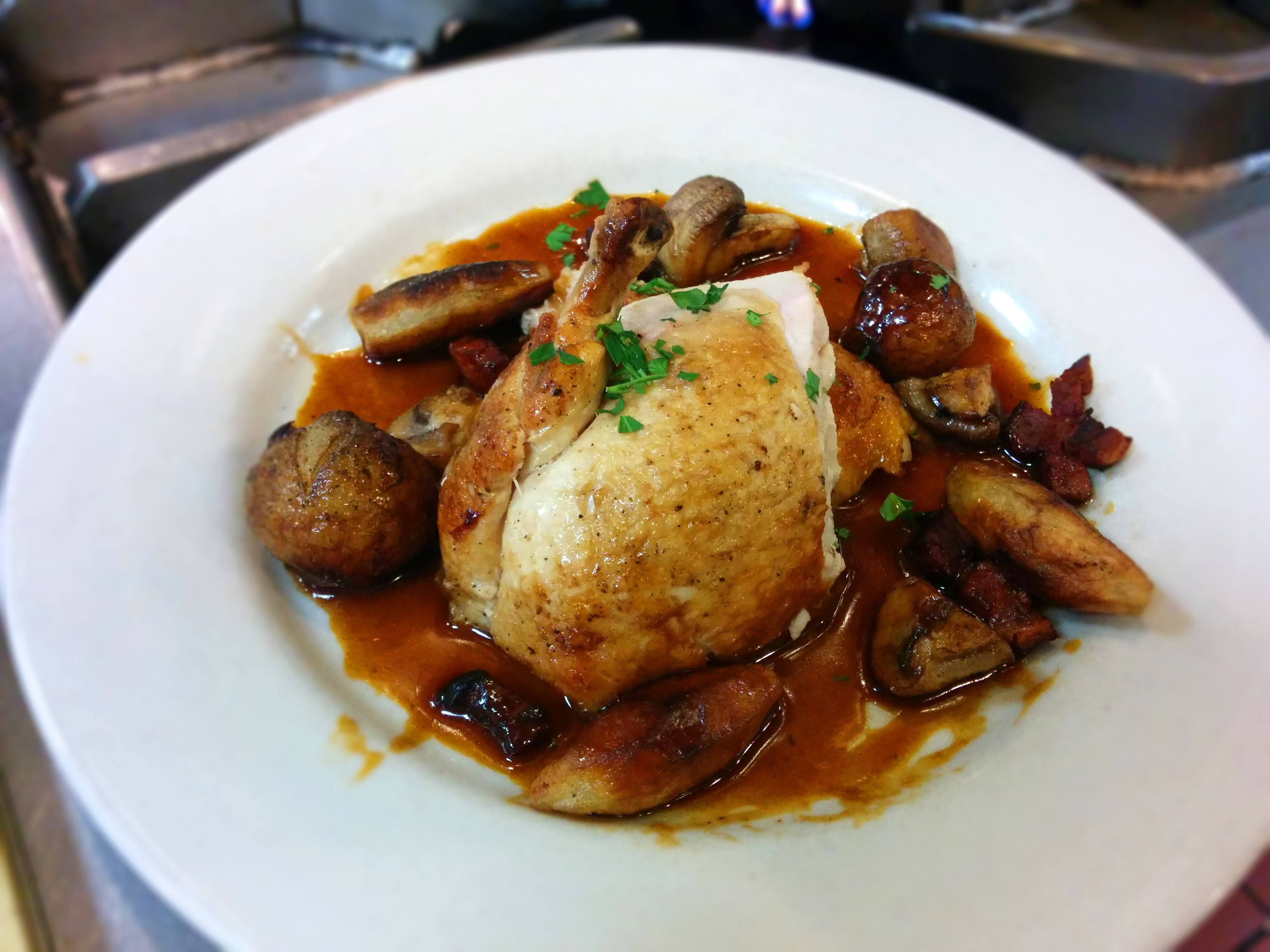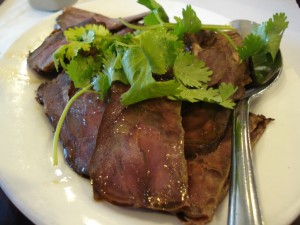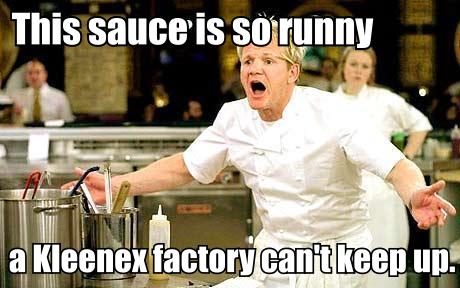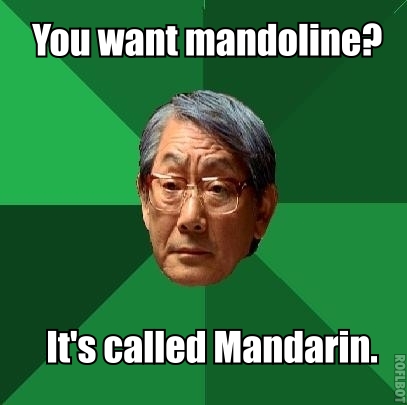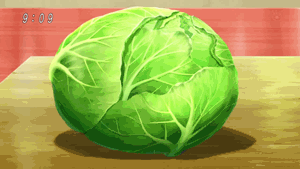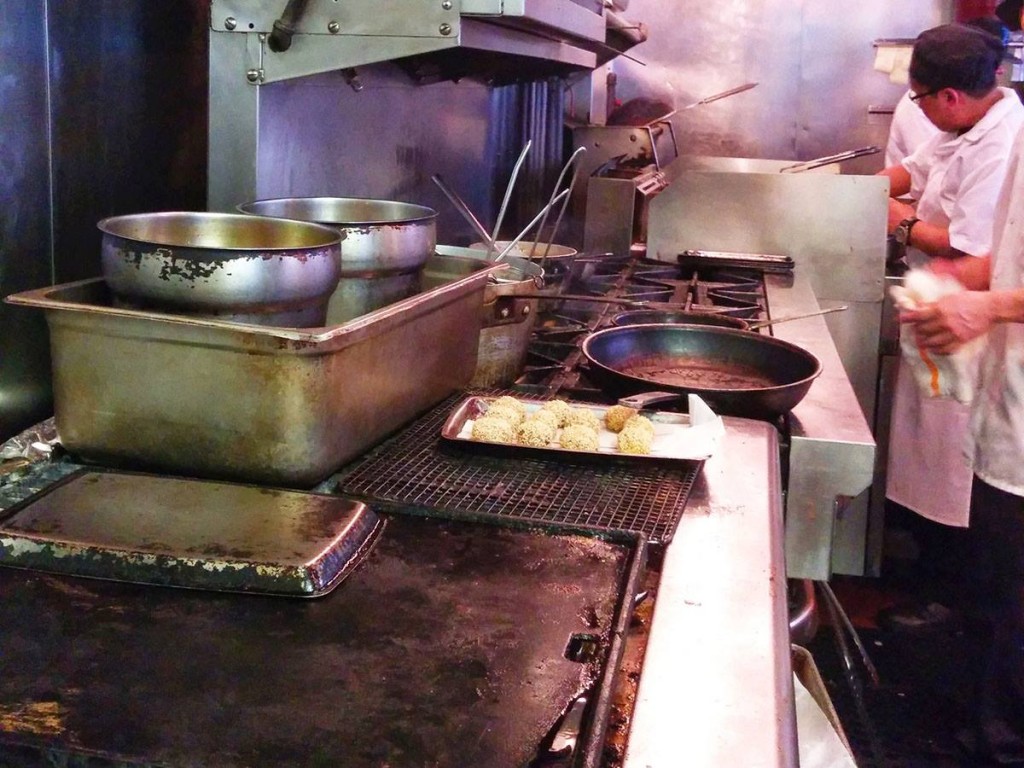
So you want to cook professionally and think you have the mettle to work your way up the line? Or you’re a culinary student who’s looking for an internship to get real world experience? Welcome, young stagiaire!
A stage (rhymes with corsage) is the French term for an unpaid internship or apprenticeship, where a trainee volunteers in a kitchen in order to learn new techniques. This can apply to inexperienced cooks, or to experienced professionals who want to learn new cuisines. Ferran Adria’s El Bulli was flooded with applications from aspiring stagiaires, for instance, all of whom were at the top of their fields in their home countries.
Having decided that I wasn’t going to continue with culinary school, I immediately began scouting for new kitchens to work in. The restaurant would need to be 1) located near my apartment (so that getting home at midnight would be relatively painless), 2) offer a supportive teaching environment (not just take advantage of free labor), and 3) serve non-French food (I was definitely experiencing some cream and butter fatigue). With my shortlist of candidates in hand, I fired off an email to the first restaurant.
Days passed and no response to my perfectly crafted email. That’s when I realized I was going to have to simply walk in and talk to chefs directly.
The next day, I checked the lunch and dinner hours for each restaurant. I wanted to walk in right as lunch service was winding down but before the rush of dinner prep, so that I’d be more likely to catch the attention of a chef. Around 3 pm, I put my best clogged foot forward, walked into a restaurant and announced that I wanted to talk to the chef about working there.
A stern-faced woman strode out to meet me. Great, I thought, I like seeing female leadership in kitchens. I stated my case, mentioned that I’d had some classes at French Culinary, and wanted to come in to work. Then I mentioned that I had a full time job, 9 to 5. She coughed a bit. “Our pm line cooks start at 2 pm and leave around midnight. Our weekend brunch cooks start at 7 am and leave at 5 pm.” I gulped. “That’s ok, I’m happy to work weekends, either morning or night. I know it sounds crazy to want to work on the line after having another full time job, but I really do want to learn. Plus, I live just a few blocks away, I can be here in minutes if someone doesn’t show, I pull my weight and I don’t call out sick.” She nodded and said, “Ok, come back next Saturday, 2 pm. Bring your knives.”
Yes, that was so easy! I strode out the door beaming. I threw out the cover letters and resumes I’d pre-printed. Was it really that easy to just walk into a restaurant and land a job?
Continue reading How to Stage/Intern/Trail at a Restaurant: The Wrong Way

